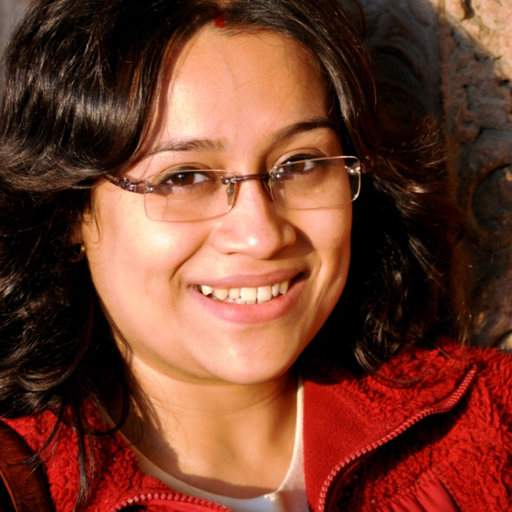Dr Maria Dermit
Maria moved to industry in June 2021. She is currently a senior scientist at Novo Nordisk.
Dr Muhammad Syhami Azman
Syahmi joined Mardakheh lab in May 2017 as an MSc student, and continued to stay on in the lab as a PhD student afterwards. In his PhD, Syahmi studied how KRAS oncogene post-transcriptionally modulates gene expression in Pancreatic Ductal Adenocarcinoma (PDAC), via regulating the activity of specific RBPs. Syahmi specifically revealed that many RBPs involved in ribosome biogenesis are activated downstream of KRAS in PDAC. For one of these RBPs, the nucleolar protein Nucleolin, the RNA binding activity is specifically increased via phosphorylation downstream of RAS. Syhami went on to show that this phosphorylation could drive rRNA synthesis and ribosome biogenesis in PDAC, and this could be therapeutically exploited to inhibit tumour growth in vivo. You can find out more about Syahmi's work in his paper: https://doi.org/10.15252/embj.2022110902
Syahmi successfully completed his PhD in 2022. He currently works as a senior scientist at AstraZeneca.
Atiya joined Mardakheh lab as an MRC DTP PhD rotation student in the in the 1st year of her programme in 2018. During her project, Atyia worked to optimise a quantitative immunopeptidomics pipeline for analysis of tumour antigens. She then went on to the Blizzard Institute for her PhD project on 'Developing Advanced Models of Wound Healing and Inflammation using 3D Bioprinting' in Oct 2018.
Atiya successfully completed her PhD project in 2022.
Elliott joined Mardakheh lab in 2017, initially as an intern to learn about mass spectrometry. This was then followed by a CRUK funded PhD studentship on understanding how antigen presentation in melanocytes and melanoma is shaped by changes in the protein translation and turnover. Elliott's work involved not only biochemistry, cell biology, and immunopeptidomics, but also significant degrees of computational biology and machine learning.
Elliott successfully defended his PhD in 2023 and is currently working as a post-doctoral research fellow in the Rakyan lab at the Blizzard Institute.
Having completed a PhD in RNA biology in India, Alina did a postdoc at Institute Curie, Paris, before joining the Mardakheh's lab for a short postdoc in 2022. During her project, Alina was focused on how malignant transformation reshapes the RNA localisation landscape, and how the identified changes in RNA localisation patterns impact tumourigenesis and cancer progression.




